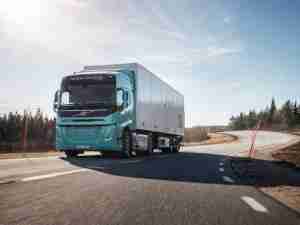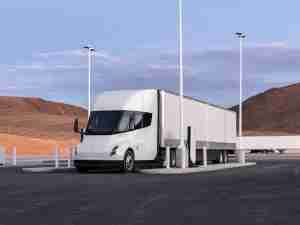Ship & Shore Environmental, Inc. (S&SE), a pioneer in clean air technologies, has entered the electric vehicle (EV) market with its pollution abatement solutions for car manufacturing and rechargeable car batteries.
The “big sell” for electric cars has long been that they will significantly reduce globe-warming gas emissions. This will not be the case if those EV batteries are recharged with energy generated by fossil fuels, which still account for over 80% of the global energy system. Less than 5% of lithium-ion batteries are recycled today. As many expired batteries reach landfills, their toxic components contaminate soil and underground bodies of water.
“Implementing one of our various clean air solutions for the battery manufacturing process can effectively treat emissions,” said Anoosheh Oskouian, CEO of Ship and Shore Environmental. “As we continue to advance with the development of EVs, it is imperative that we ensure the manufacturing process is clean and sustainable to mitigate any potential negative environmental impacts and fully realize the benefits of EVs.” S&SE also has experience working with metal recycling facilities. It is anticipated that as society transitions over to EVs, these types of facilities will recycle older car components, including batteries.

S&SE recently closed on a new project with a leading manufacturer of EVs and EV batteries. The manufacturer will treat emissions from its manufacturing facility, a building which will include two manufacturing lines. Volatile organic compounds (VOCs) in the manufacturing process include DMC, EMC, HF, H2, CO2, CO, and CH4. S&SE’s oxidizer will treat these emissions. The waste would otherwise go to landfills. In addition, S&SE’s Air pollution control systems can be used to treat the freon / gasoline vapors emitted from cars.
This project represents what will become common with EV car and battery manufacturers, as eventually all cars will need to be recycled, along with their batteries and components. This trend will only magnify as EV prices drive further into the mainstream, EV adoption accelerates, and fossil fuel-based cars increasingly reach disposal.
“We also have experience working with metal scrapping and recycling facilities,” said Oskouian. “These are the facilities that we anticipate will recycle car components, batteries, and such because they can’t just be left to the landfills to create waste.”











